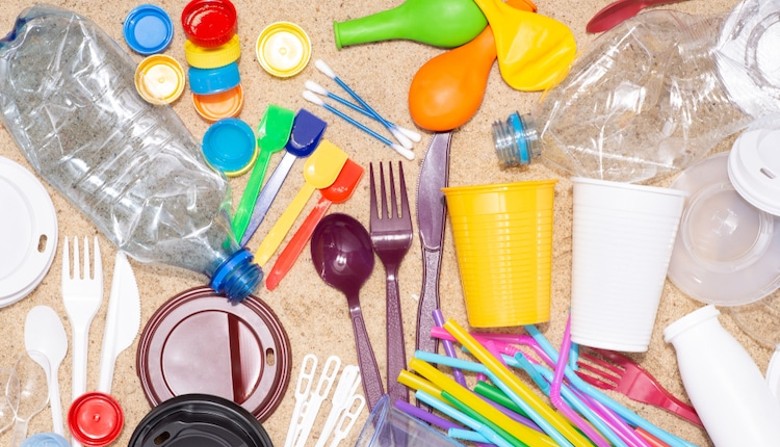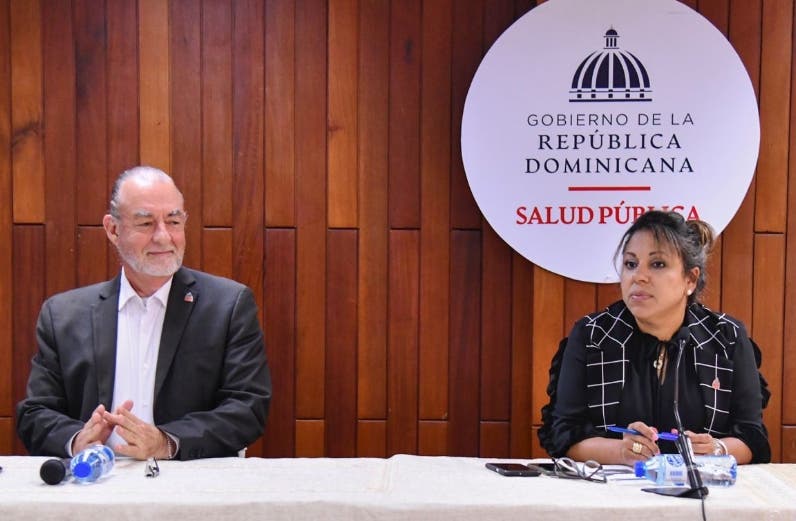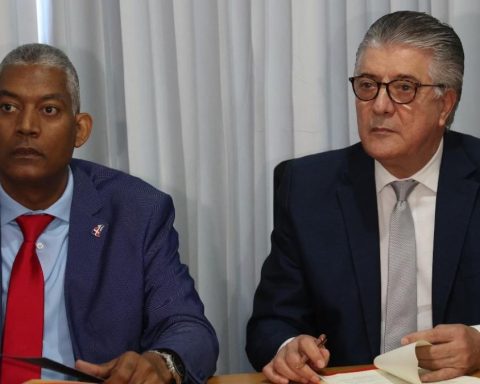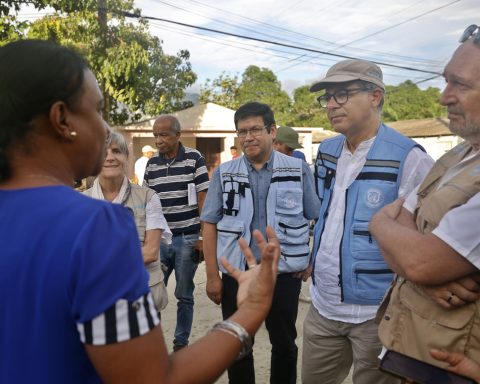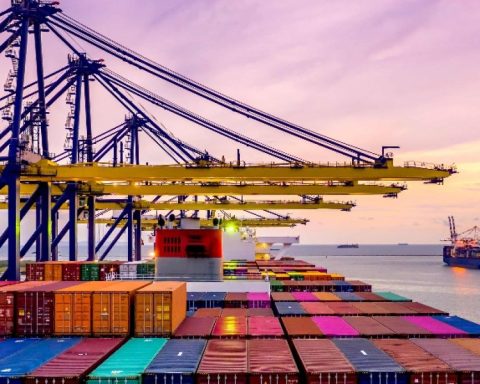The Special Environment Commission a bill that aims to prohibit the use of single-use plastic products when they can be replaced by compostable or biodegradable material. It was presented by the deputies Gustavo Olmos, Sylvia Ibarguren, Claudia Hugo, Enzo Malán, Felipe Carballo and Lilián Galán.
The current legislation, and in particular the National Waste Management Plan, is focused on other goals (such as the recovery and reuse of waste), while this project directly aims to prevent its generation. It is an initiative without a collection or commercial purpose; It has a single purpose and it is environmental. The legislators responsible for the initiative argued that the purpose of the project is to reduce the consumption of single-use plastics, eliminating their use and distribution in places of origin.
They argued that, when plastics degrade, they emit greenhouse gases (GHG) into the environment. When exposed to sunlight, they emit methane and ethylene, with a negative effect on the environment. It has been determined that, globally, the emissions generated by plastic are around 3.8% of global GHG emissions. On the other hand, when plastics degrade, they generate a variety of chemical substances, with a negative impact on fauna and flora, in addition to adverse effects on human health.
Single-use plastics can be considered unnecessary and avoidable. By such are meant those that can be reduced or substituted by alternatives of other materials, fit for purpose and/or that can be eliminated entirely without compromising performance, consumer access to the product, compliance with health or safety regulations, cause undesirable environmental results or create more food waste.
As legislators reported, in several countries actions have been taken to reduce plastic waste by implementing measures to reduce its consumption, reuse materials and recycle to add value and avoid its final disposal as waste. Uruguay has had multiple changes in its solid waste cycle and has been moving towards a comprehensive waste policy.
Characteristic examples of unnecessary and avoidable single-use plastics include sips, disposable tableware, and supermarket bags, among others. According to the National Waste Plan, in 2019 single-use plastic items, in tons generated, were 1,335 for disposable tableware, 2,007 tons for trays and 11,312 for plastic film.
In line with the issue, in 2019 Law No. 19,829, known as the Comprehensive Waste Management Law, was enacted; which marks a milestone in the consolidation of the regulatory framework for waste management in the country, since it sets the principles of the national policy on the matter. In addition, it establishes instruments to promote the reduction of waste generation and encourage recycling and other forms of recovery, addressing the aspects related to the informality that characterizes the sector.
The Comprehensive Waste Management Law establishes the regulation of waste management at the national and departmental levels, integrating all stages of the waste life cycle.
The Ministry of the Environment, through Ministerial Resolution No. 271/2021 of April 28, 2021, aspires to substantially increase the levels of recovery and recovery of packaging waste, establishing minimum objectives for the recovery and recovery of non-returnable packaging. In addition, it establishes the obligation to have or adhere to a waste management plan for manufacturers and importers of disposable cups, trays, films and other packaging materials that are not included in the presentation of a product. In this way they are reached by the packaging law.
